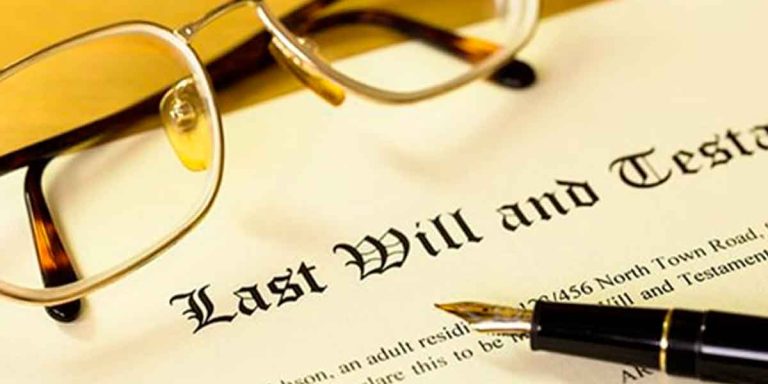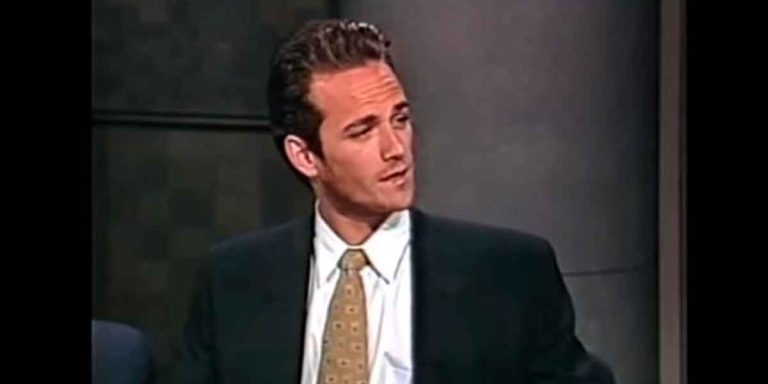Why Is Everyone Talking About ILITs?
In the evolving landscape of estate planning, Irrevocable Life Insurance Trusts (ILITs) have emerged as a buzz-worthy topic among individuals seeking to optimize their legacy and financial planning strategies. At Morgan Legal Group in New York City, our expertise in estate planning, probate, elder law, wills, and trusts positions us uniquely to navigate the complexities of ILITs for our clients. This post delves into the reasons behind the growing interest in ILITs and how they can be a game-changer in your estate planning endeavors.
The Basics of ILITs
An ILIT is a type of trust that, once created, cannot be altered, amended, or revoked. The primary purpose of an ILIT is to own a life insurance policy, which offers several advantages, including asset protection and potential tax benefits, under New York State law.
Advantages of an ILIT in Estate Planning
Asset Protection and Privacy
ILITs provide a shield for the life insurance proceeds from estate taxes and creditors, ensuring that beneficiaries receive the intended assets. Additionally, ILITs offer privacy concerning the distribution of assets, as the trust’s terms and the amount disbursed remain confidential.
Tax Efficiency
One of the most talked-about benefits of ILITs is their ability to minimize or eliminate estate taxes on life insurance proceeds. This feature is particularly appealing in New York, where estate planning often involves navigating complex tax landscapes.
Strategic Uses of ILITs
ILITs are not a one-size-fits-all solution; they can be tailored to meet diverse estate planning goals. From providing liquidity to pay estate taxes to offering a structured inheritance plan for minors, ILITs serve various strategic purposes.
Navigating the Challenges of ILITs
While ILITs offer significant benefits, they also come with challenges, such as the irrevocability clause and the requirement for annual gifting to fund the life insurance premium. Understanding these challenges is crucial for leveraging ILITs effectively in your estate plan.
ILITs in New York: Legal Considerations
New York State law has specific provisions and considerations for establishing and managing ILITs. Working with experienced legal professionals like Morgan Legal Group ensures that your ILIT aligns with state laws and your estate planning objectives.
Conclusion: Is an ILIT Right for You?
The buzz around ILITs is well-founded, given their potential to enhance estate planning strategies significantly. However, determining whether an ILIT is right for your estate plan requires a comprehensive analysis of your financial situation, goals, and New York State law. At Morgan Legal Group, we are dedicated to providing our clients with personalized, strategic estate planning solutions, including the potential integration of ILITs into their estate plans. Contact us today to explore how an ILIT can transform your estate planning approach and secure your legacy.
































